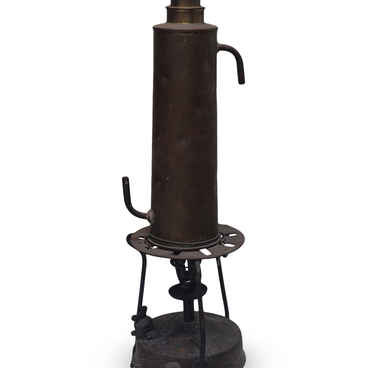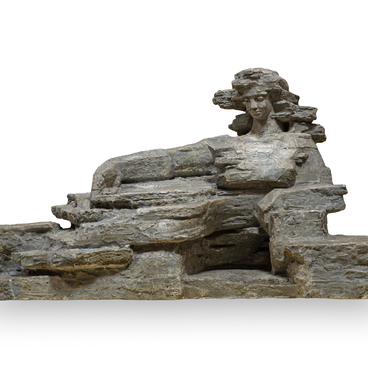The Museum of the History of the Resort City of Sochi features a zither, which belonged to Ivan Aleksandrovich Shmelyov.
The zither is a stringed plucked musical instrument that became most widespread in Austria and Germany in the 18th century. The instrument has a flat wooden body of irregular shape, over which 17 to 45 strings are stretched (depending on the size of the instrument). Considered a national instrument in the German lands, the zither is a transposing instrument, meaning that the music notation for the zither does not correspond directly to the actual pitch produced when played. The zither from the museum’s collection features a wooden wing-shaped body and 32 metal strings. Five strings are stretched above the fingerboard, and the melody is played using a plectrum held by the right thumb and the left fingers. The remaining strings are used for chord accompaniment with the right fingers — this is the basic string configuration. There is a sound hole located under the accompaniment strings.
Ivan Aleksandrovich Shmelyov (1873–1965) was a talented musician, teacher, and prominent educator who made significant contributions to the formation and development of the musical culture in Sochi. From 1901, he lived in Sochi, where he taught music and singing at a boys’ gymnasium, as well as in city and rural schools, and led teacher training courses. He organized and directed both secular and church choirs, along with a string orchestra. Shmelyov was a regular organizer, initiator, and active participant in musical evenings and charity concerts. In 1910, he established the Sochi branch of the Russian Choral Society, which played a crucial role in popularizing musical art. Shmelyov was a virtuoso of the zither, accompanying concerts and teaching students.
During the 19th and early 20th centuries, the zither was primarily a salon instrument used for home music-making and small musical gatherings among friends. However, it did not receive support during the revolutionary period. The culture of playing the zither was lost in Soviet times, as it was viewed as an aristocratic pursuit that did not align with the spirit of class struggle.


